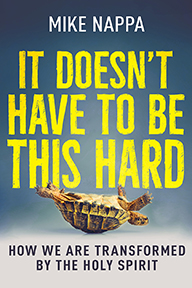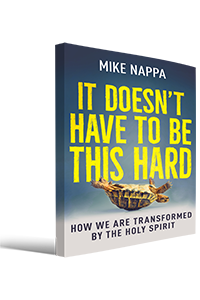A Marketing Team reason for rejection
Here’s a tip: If you want to get an instant rejection letter from an editor, start your cover letter this way…
Dear Editor,
I couldn’t find any other book about [my topic here], so I decided to write one myself!
Rejection.
Why? Well, there are several reasons—and any one of them merits your rejection letter.
First of all, what you’ve just shown is that you are willfully ignorant about publishing in general. In America alone, there are over a million books published in a year … and yet you can’t find a single volume in all of history that somehow addresses a topic similar to yours?
That’s just stupid—but writers do it all the time. Just today I got a query for a new book about the Titanic. Can you believe it? The author actually said this to me: “There are virtually no current Titanic books available for adults.” Funny, if you search for “Titanic” in the books section of Amazon.com, you’ll discover over 2,000 books on that topic. But this author thinks “there are virtually no current Titanic books” out there. That kind of deliberate ignorance just won’t sell.
Second, you are willfully arrogant about your place in publishing. You claim to be the sole voice of authority on this particular topic—yet if that were truly the case, and if there truly were a demand in the market for that kind of knowledge, then I’d be pounding on your door instead of you pounding on mine.
Third, you’ve shown that you are woefully unaware of the competition to your book—yet I can guarantee there will be other books that compete for buying dollars to be spent on your book. In fact, a quick subject search on Amazon.com will probably show me dozens of such books. (Titanic books, anyone?)
Fourth, I expect that your book should be somehow unique within publishing. But since you don’t have any knowledge about who or what your competition is, you’re woefully unprepared to tell me the truly unique qualities of your manuscript.
Fifth, if there really is no competition for your topic in the marketplace (as you claim), then there’s no significant target audience that wants to buy a book like yours. Why should I invest my publishing house’s capital in your book when there’s no proof that people even want it?
Sixth…well, I could go on, but I think you’re getting the point.
Competition in the marketplace is the foundation of our capitalist system. That means if you intend to be successful publishing within that system, you’d better have a clear, accurate understanding of the competition that’s out there trying to take dollars away from your book.
I guarantee my Marketing VP wants to know about that competition. If you can’t give me that information because don’t know who your competition is, or because you have faulty knowledge of your competition, that tells me you don’t know how to succeed in this business.
And that means I should reject your book.
What You Can Do About It
1. Use Amazon.com already.
In this age of unprecedented information access, I’m continually amazed by authors who tell me they have no knowledge of any competitive books on a topic. I always want to ask, “What century are you living in?”
In Amazon.com alone you’ve got an instantly searchable database of almost every book currently in print, and for millions of books that are now out of print but still available in “used” or collectible format. What’s more, for just about every book in the Amazon catalog, there is a summary of publishing information that includes things like the publisher, the year published, retail pricing, and even a content description.
All of that information, readily at your fingertips, tells you the what, when, who, why, and how of any book in their system.
And you’re telling me you can’t find that stuff anywhere? Please. Get off your butt and use Amazon.com already. You’ll be amazed at what you’ll find out about your competition there.
2. Become an expert on your marketplace.
Look, if you want to publish suspense novels, you probably don’t need to worry too much about which parenting books are bestsellers right now. But you absolutely must know who people like Tess Gerritsen, Dean Koontz, Stieg Larsson, and Lee Child are. And you need to know why they dominate the suspense publishing category in bookstores.
So take time to become an expert in your chosen publishing category. Don’t write your books in a vacuum; that only leads to stilted prose and, often, poorly developed duplication of other people’s ideas. But if you know all there is to know about your competition, not only will that improve your writing, it’ll improve your ability to concept new ideas that are unique within the publishing landscape. My Marketing VP will love that, by the way.
3. Don’t be lazy.
If this is a temptation for you, re-read Editorial Reason #14 earlier in this book. The same principles apply when dealing with my Marketing VP’s demand for accurate knowledge of your book’s competition.
Looking for more? Check out these links:












